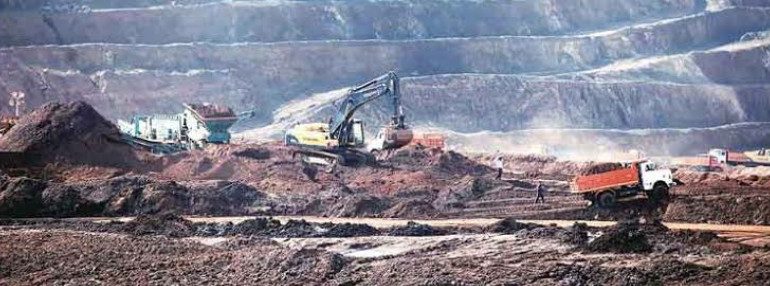The Mineral Laws (Amendment) Ordinance 2020 was approved to be promulgated by the Union Cabinet on January 10, 2020. The ordinance introduced amendments in the Mines and Minerals (Development and Regulation) (MMDR) Act, 1957 and the Coal Mines (Special Provisions) Act, 2015. The amendments in these two legacy Acts would ensure the continuity of mineral production & hence sustained supply of raw materials provided by mining sector in the country.
Amendments in the MMDR has brought much-needed relief for not just the bidders but also for critical downstream industries like Cement, Steel & Aluminium, which are primarily dependent upon key raw materials provided by the mining sector. The major highlight of the amendments is the newly introduced provision of seamless transfer of valid rights / approvals / clearances to the new lessee for a period of two years for minerals other than those specified in Part A & Part B of the First Schedule.
Allowing extension of existing EC & FC for two years to the new lessee for mines being auctioned in March 2020 would facilitate the industry from supply disruption. Bringing the much-needed relief for the bidders, the extension would facilitate the smooth transition and continued mineral production in the country.
India has abundant mineral resources, out of which a significant portion is untapped. Due to its enormous mineral advantage, it has a potential to make a significant mark by leveraging the mineral resources. Availability of natural resources in general, and minerals & metals would play a crucial role in determining India’s growth trajectory towards becoming a USD 5 Trillion Economy by 2024-25. Through this immediate legislative action, the Government has shown its commitment to usher in much needed reforms in the Mining sector and revive its growth rate.
The author is Chair, FICCI Mining Committee & Managing Director, Essel Mining & Industries Ltd.





